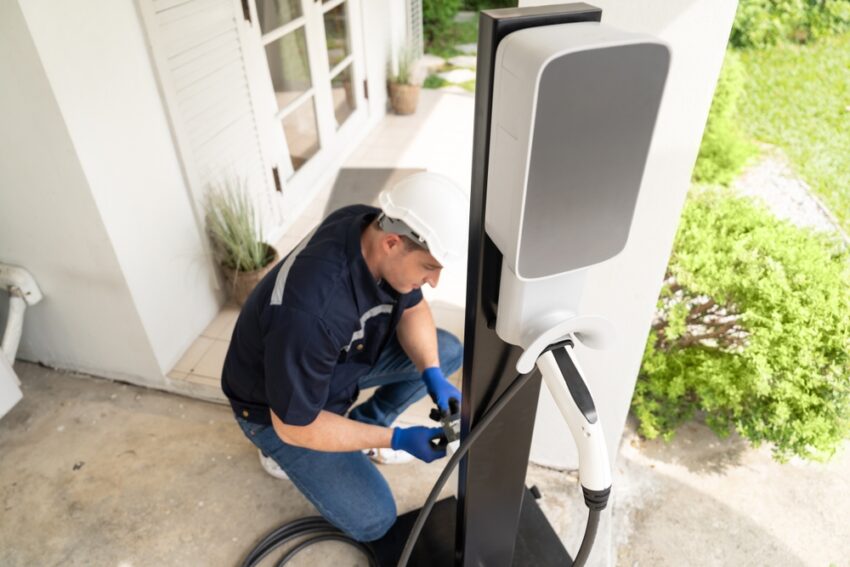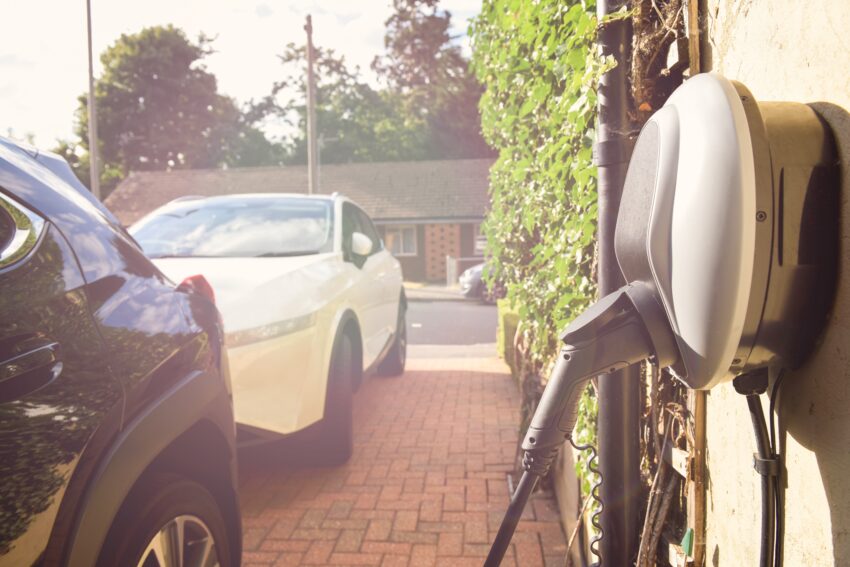Buying a used EV charger – five things you need to know
Buying a secondhand EV wallbox could be a great way to save money but what are the dos and don’ts of buying a used charger?
Buying second-hand, pre-loved or nearly-new items can be a great way to save money.
In the automotive world, used electric vehicles are already transforming the market, making them accessible to even more motorists. But what about second-hand electric vehicle chargers?
The cost of a budget charger can start at around £590, whilst a premium product can be close to £1,600. So could it be a good idea to save money through buying your charger second-hand?
Peterborough-based charger experts Smart Home Charge have just launched a new business selling second-hand EV charge points, so we got their a tips for bagging a bargain EV charger whilst staying safe and avoiding dodgy dealers.
Not all second-hand EV charge points are created equal
Some second-hand chargers available for sale are pre-used. That is, they were installed and operated for a period of time and have since been removed and offered for re-sale. Then there are nearly new chargers which never been used. Both these types of chargers can be found on various internet marketplace sites but as is always the case when buying from unknown sellers, it’s important to do your research beforehand.
All charge points need to be installed by a qualified electrician
Even if you fancy yourself as savvy DIY-er, buying a new or used EV charger and installing it yourself isn’t an option. There are rules and regulations to be followed to ensure a safe and compliant installation and this can only be carried out by someone who has had the necessary training. This means you’ll need to combine the cost of the second-hand EV charger with installation charges when estimating how much your home EV charge point will cost overall. For example, Smart Home Charge’s prices start at £897 for a new charger and installaion. Danny Morgan, editor at Smart Home Charge says: “The cost and ease of installation can vary between properties, so it’s advisable to use an electrician or company with specific experience in home charger installation.”

Ensure the EV charge point is safe and compatible with your needs
If you buy an item like a second-hand lawnmower, you just plug it in, hopefully it works and you start mowing. However EV charge points are a lot more complex. For example you’ll need to check if a charger is compatible with your vehicle, and those of anyone else, such as family members who might want to charge at your property. Also, not all chargers are compatible with all EV electricity tariffs. Accessing the right tariff is vital in order to make the most of the savings available when running an EV. Buying a second-hand EV charger and then discovering you can’t use it for your best tariff would be a false economy. There are tools which allow you to check a charger’s compatibility with different vehicles and electricity tariffs and also discover how much it will cost to charge your EV.
Exercise caution on internet marketplace sites
A check of sites such as Ebay and Facebook reveals a range of chargers in a variety of conditions. However, before buying it’s important to check that the seller can provide all the necessary paperwork and information, such as the instruction manual, the original warranty and the pin which will be needed to unlock the charger. There are sellers on the sites who are up front about not having all these documents, with some stating that they aren’t even sure if the EV charger will work properly when installed. Because these sellers are offering goods that are ‘as described’ it means a buyer won’t have any comeback if the charger doesn’t work. From more established businesses, you should expect more comprehensive information on any used device, including their history, warranty information and assurances that it works properly.
What if I have an EV charge point I would like to sell?
If the EV charge point is nearly new you could offer it for sale on an internet marketplace. This will go more smoothly if you have all the paperwork to offer the seller. Any omissions or misunderstandings could lead to your being contacted by an irate buyer, so be very clear about what you can and can’t provide. If the EV charge point has been installed, and you are either moving house or don’t want it any more, you would have to pay to have it professionally removed. Do get a quote for removal costs first and work out if the price that you’re likely to get for your charger will make removing and selling it worthwhile.
What are the potential savings?
The price and condition of used EV chargers on internet marketplaces will vary, so to calculate the potential savings first research the best EV charger for your needs, together with its market value when new. Then compare it against the prices offered for nearly new and used chargers. But do take into account the potential pitfalls mentioned earlier as regards buying an complex electrical item from an unknown online seller, and be sure to obtain the necessary information and documents.
To give an example of the potential savings, when buying via Smart Home Charge, the retail price of a new waEV-charge EV1 is £489 without installation, whilst a second hand Grade A version of the same model, which will be like new or had very little use would be £390.90






